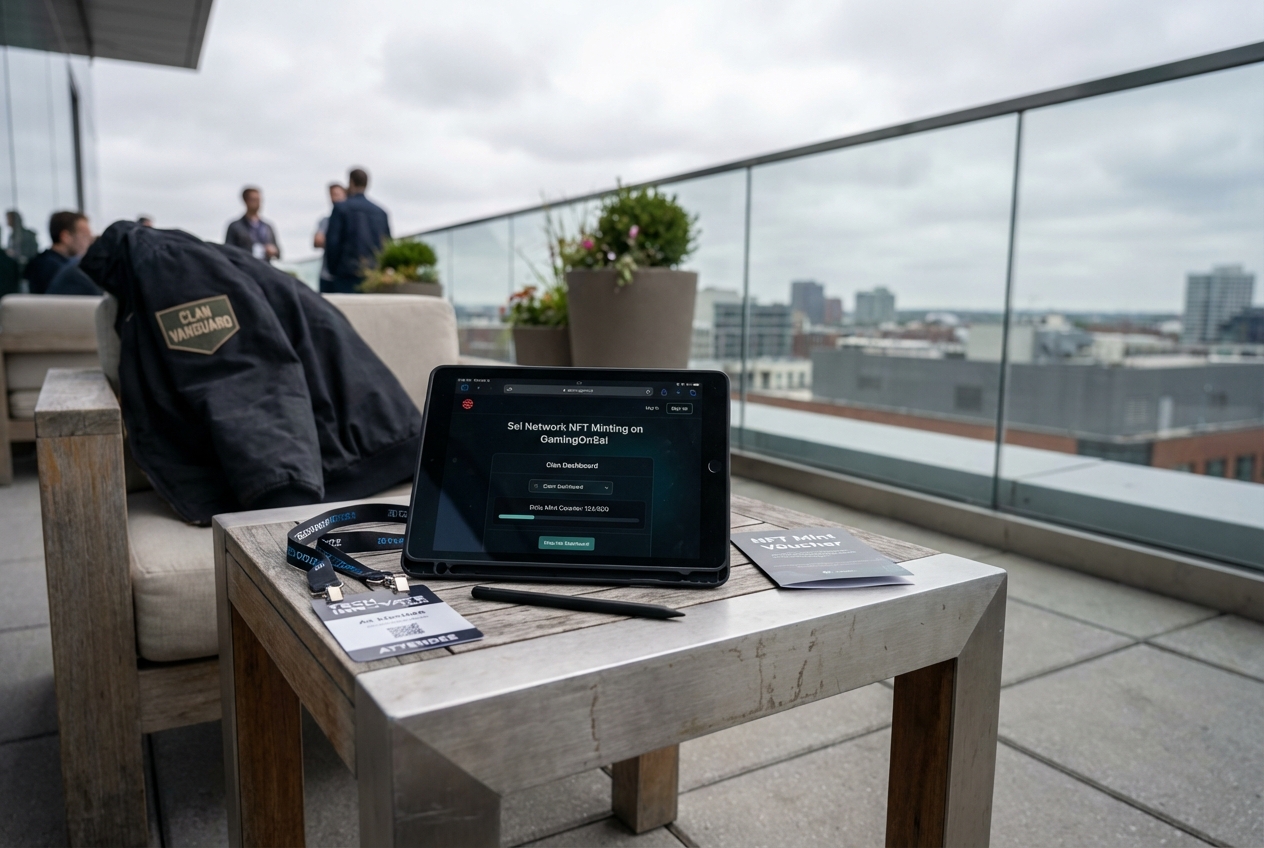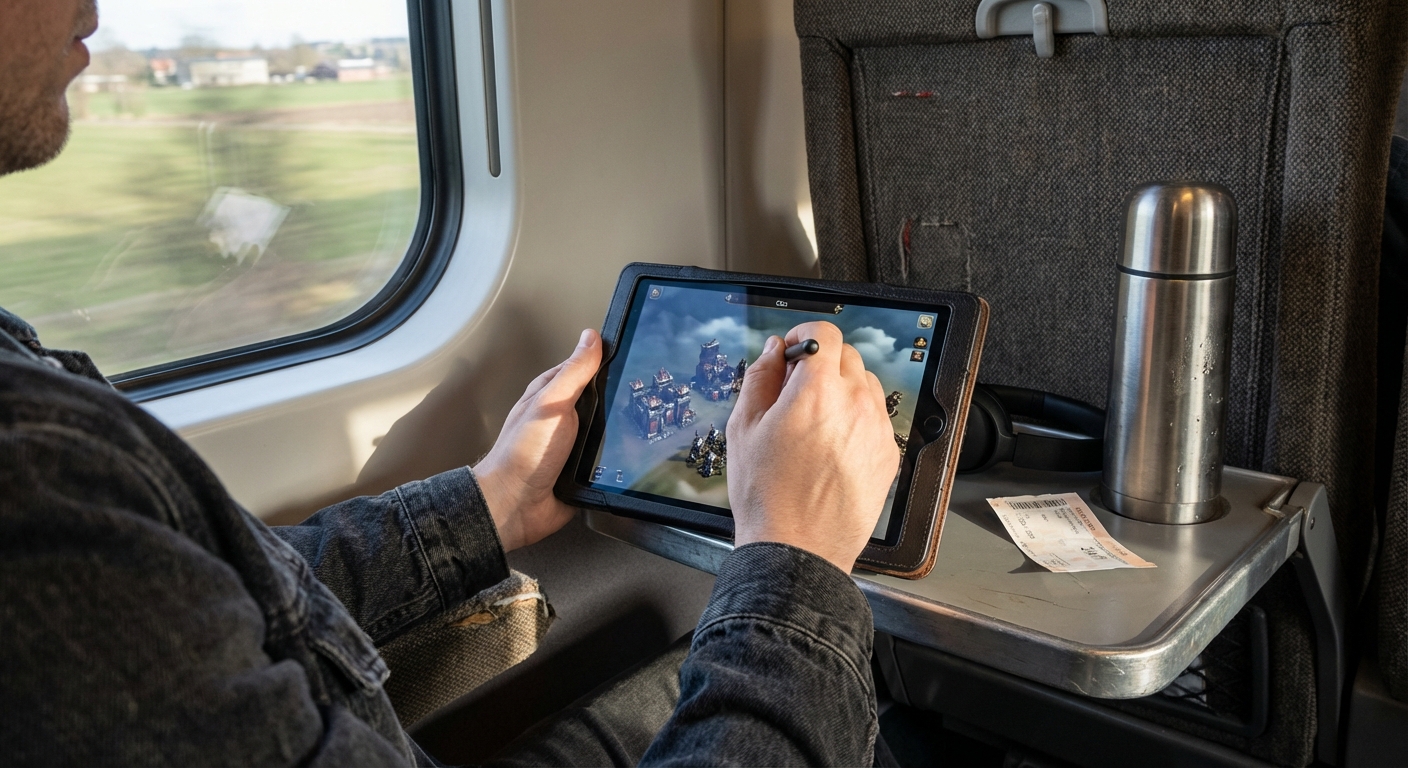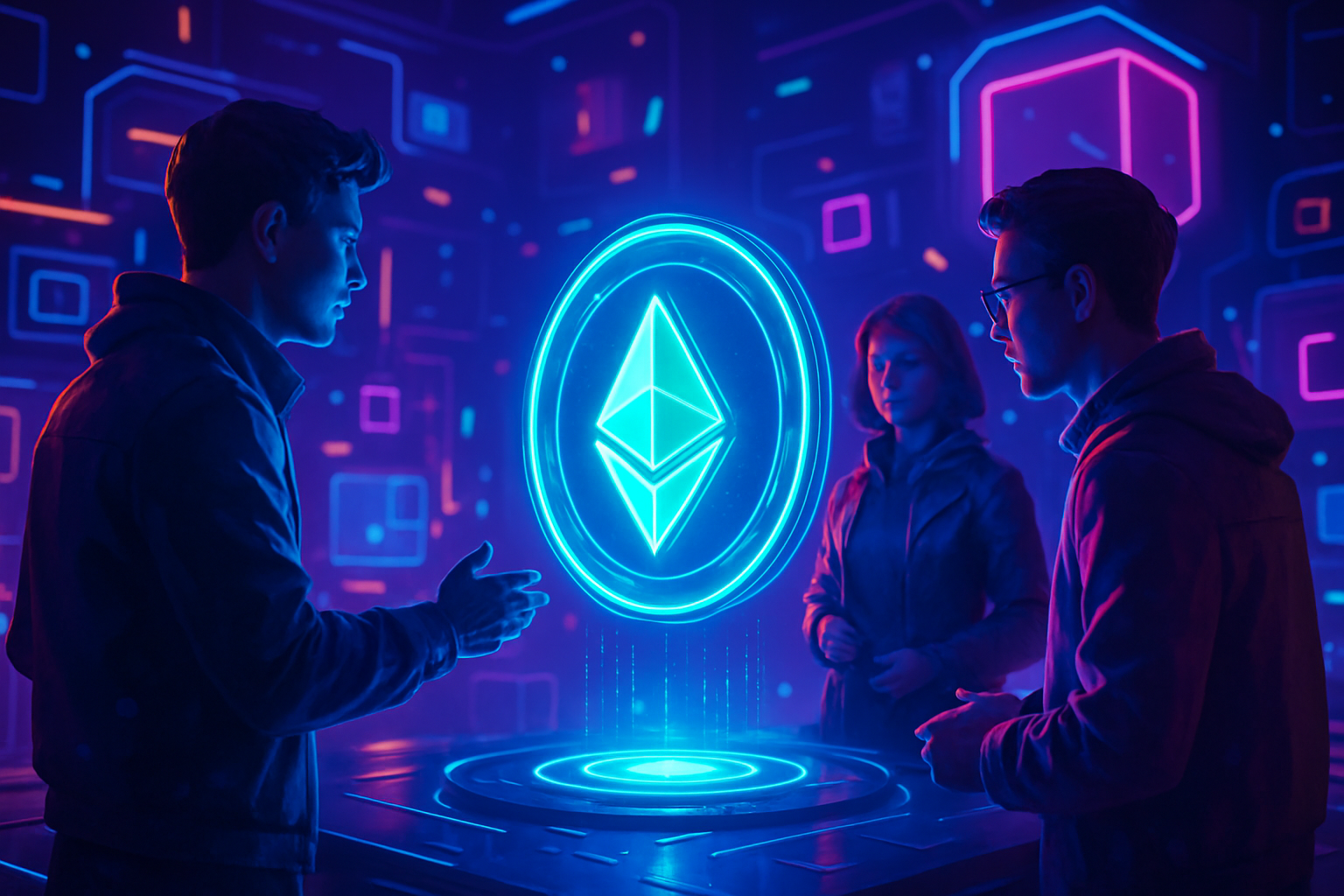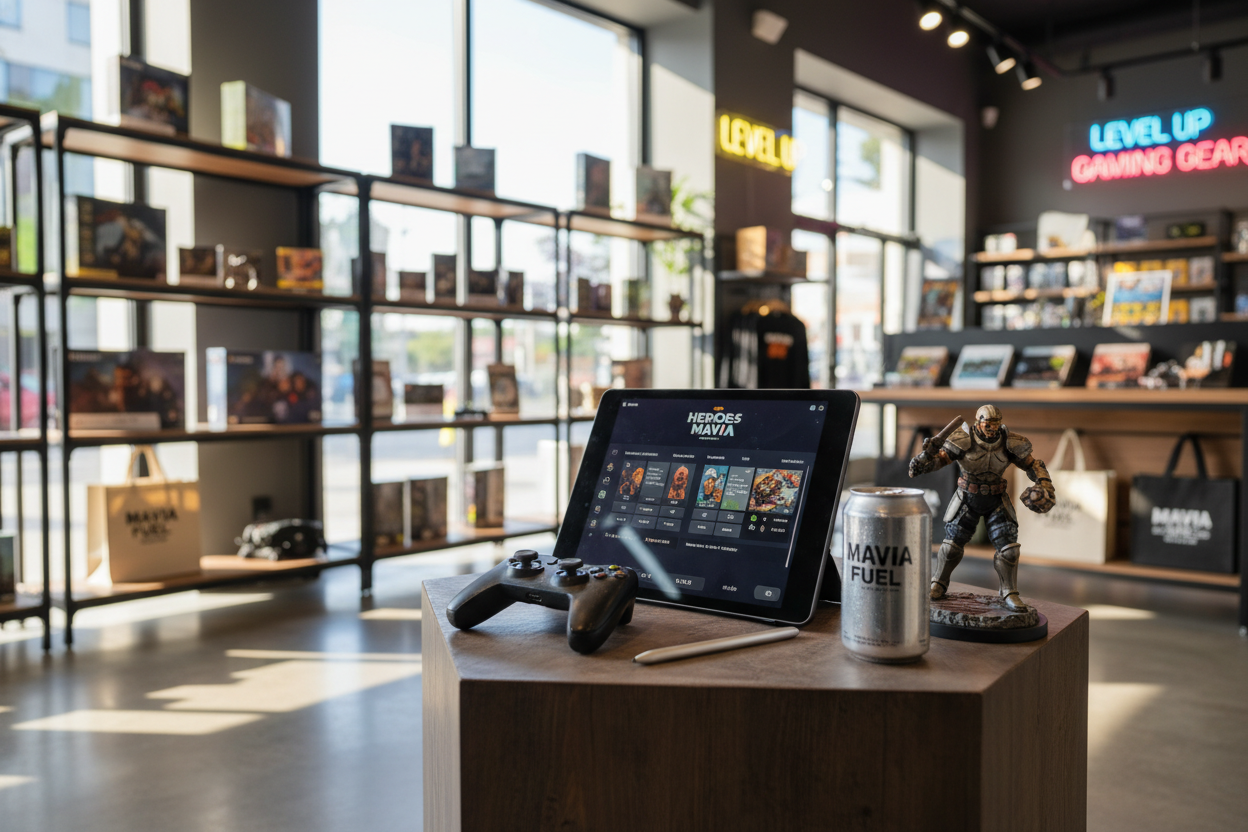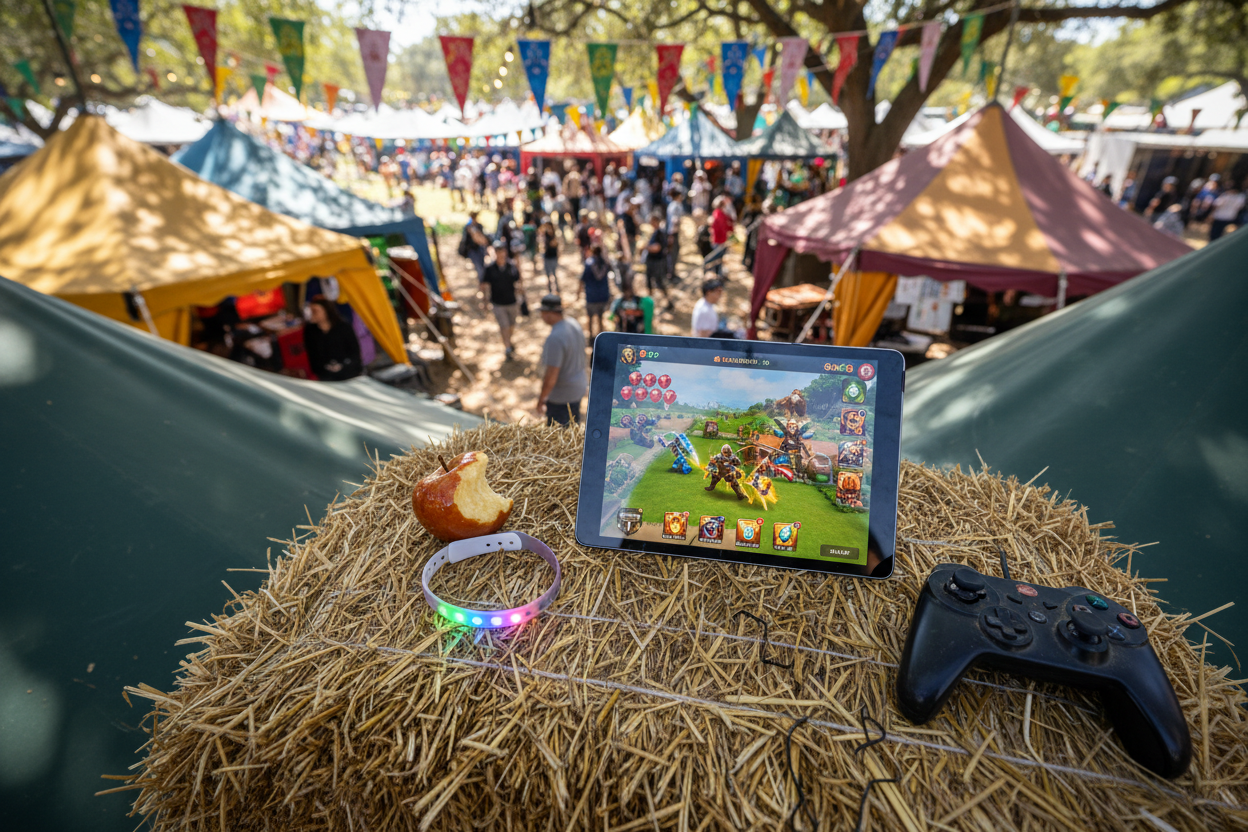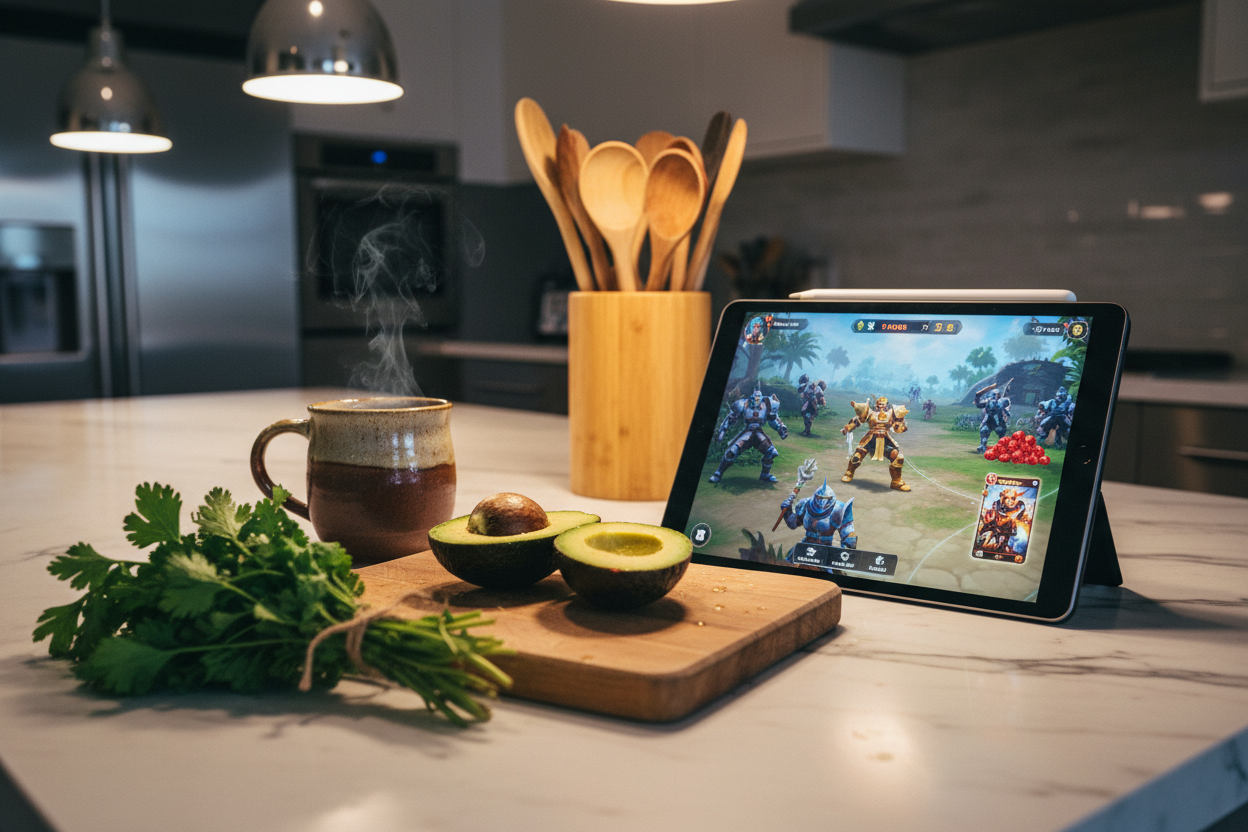
Decentralized Autonomous Organizations (DAOs) have long promised to disrupt traditional governance by putting power in the hands of communities. Yet, as 2025 unfolds, it’s clear that token-based voting often falls short of true decentralization. Concentration of power among large holders and chronic voter apathy have stifled many DAOs’ ambitions for democratized decision-making. Enter NFT-based DAO voting: an innovation rapidly transforming how decentralized communities assign, exercise, and legitimize voting power.
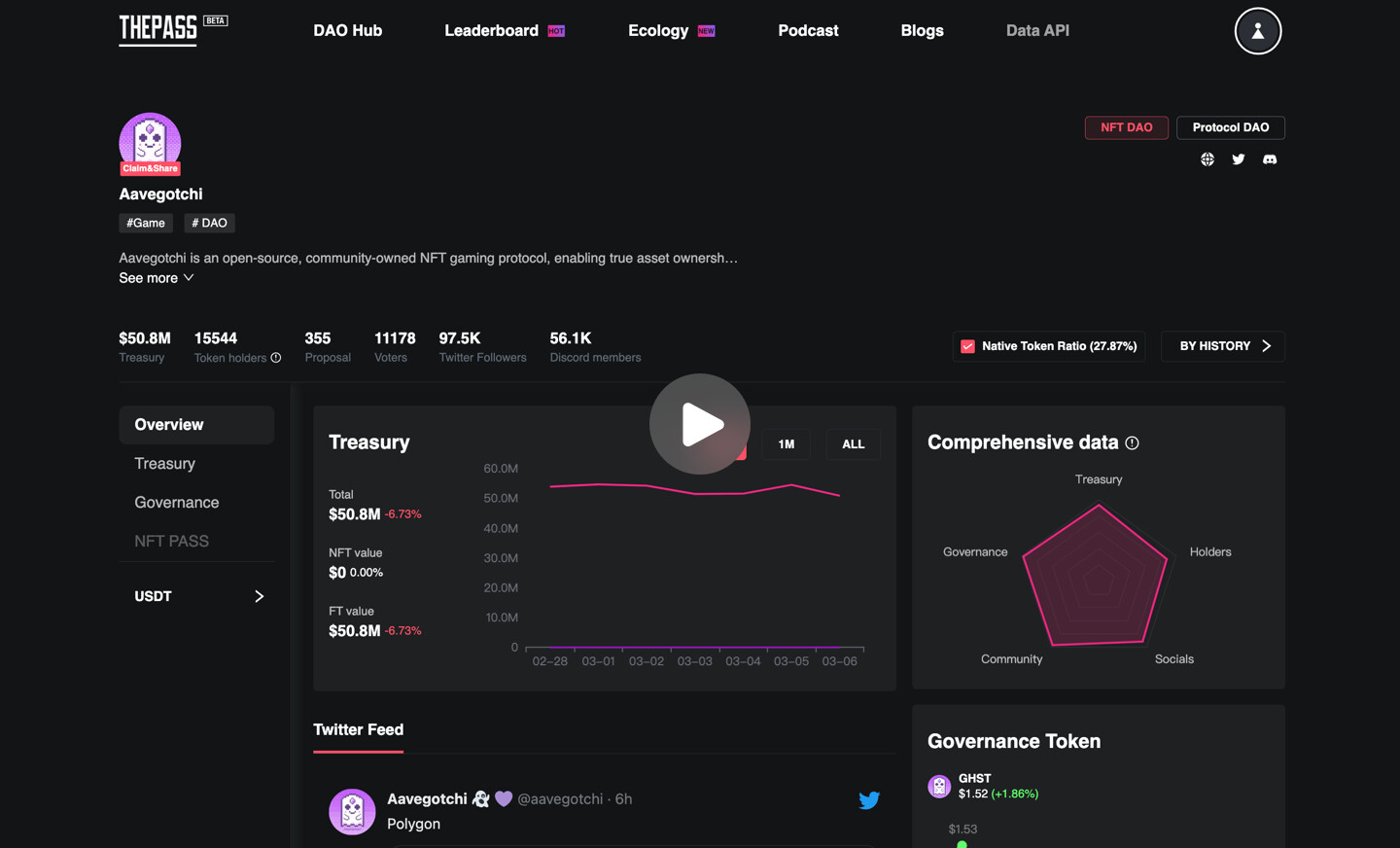
Why Traditional Token Voting Falls Short
In legacy DAO models, governance tokens represent voting rights. This system is straightforward but deeply flawed. The more tokens you own, the more votes you wield, a dynamic that mirrors shareholder capitalism rather than the egalitarian ethos of Web3. This has led to a persistent risk: plutocracy. Research from Harvard Business School and ScienceDirect underscores that DAOs with off-chain or token-weighted voting not only raise less funding but also suffer from lower community engagement and entrenched coalitions.
Token whales can steer proposals for their own benefit, while smaller holders often feel disenfranchised. The result? Median voter turnout in major DAOs still languishes below 15%, according to 2025 statistics from CoinLaw. The need for a new model is urgent, and NFTs are providing the missing piece.
NFTs: Rewiring Voting Power for True Decentralization
NFT-based governance introduces a radical departure from fungible token systems. Instead of votes tied to wallet balances, DAOs now issue unique, non-transferable NFTs, often called governance badges, to individual members. Each badge confers specific voting rights based on verifiable contributions or participation milestones.
This approach enables several key advances:
- One-person, one-vote: By making NFTs non-transferable and unique per member, DAOs can enforce true democratic voting instead of allowing vote-buying or accumulation.
- Proof-of-engagement: NFT badges track on-chain actions like proposal authorship, forum activity, or attendance at critical meetings, creating an immutable record of who is actively shaping the community.
- Dynamically earned influence: Voting power is no longer static; it grows as members contribute value over time rather than simply amassing tokens.
This shift is already visible across leading Web3 collectives, from Meme Millionaires DAO to experimental DeFi platforms, that are leveraging NFT utility for both reputation and governance weight. For a deeper dive into how NFT badges are boosting transparency and participation rates in DAOs, see this resource: How DAOs Use NFT Badges to Boost Member Participation and Voting Transparency.
The Rise of Reputation-Based Governance Models
The most forward-looking DAOs are moving beyond simple attendance tracking toward comprehensive reputation systems powered by NFTs. In these models, each badge represents a granular achievement, such as leading a successful initiative or mediating a contentious debate, and can be referenced during major votes or elections.
This evolution aligns incentives between individual effort and collective health. High-contributing members earn greater influence over time without risking centralization by asset accumulation alone. As detailed in recent coverage on GovernanceNFT. com (How On-Chain Reputation and NFT Badges Are Revolutionizing DAO Voting in 2025), these systems are making it far harder for dormant whales, or outside actors, to sway outcomes without legitimate community engagement.
NFT Voting Mechanics: Boosting Engagement While Curbing Power Concentration
The mechanics behind NFT DAO voting are nuanced but crucial for sustainable growth. By tying votes to non-fungible credentials instead of liquid assets, DAOs can:
- Curb power concentration: Non-transferable NFTs prevent vote-buying schemes and collusion among whales.
- Combat voter apathy: Gamified rewards via rare or special-edition badges incentivize regular participation, even among previously passive members.
- Create transparent histories: Every action recorded via an NFT badge builds an auditable trail on-chain, vital for trustless environments where transparency equals legitimacy.
This new paradigm isn’t just theoretical; it’s being implemented by top organizations like MakerDAO and Lido DAO as they adapt their frameworks to meet the complex needs of today’s digital economies (How Social Engagement NFTs Are Reshaping DAO Governance and Voting Power). In effect, the integration of NFTs into governance is setting new standards for both accountability and inclusivity in decentralized communities.
As DAOs mature, the interplay between NFT voting mechanics and community health is coming into sharper focus. The shift to NFT-based governance isn’t just a technical upgrade; it’s a cultural one. Members now see their contributions immortalized on-chain, with each badge or credential serving as both a receipt of effort and a ticket to meaningful influence. This is fundamentally changing the social fabric of decentralized organizations.
One of the most consequential effects is the reduction in voter apathy. When voting power is earned rather than bought, previously silent participants become stakeholders with real agency. DAOs are experimenting with tiered NFT systems that reward not only quantity but also quality of engagement, think badges for conflict resolution, mentorship, or onboarding new members. This granular approach creates a more resilient governance model, where influence is distributed based on ongoing value creation rather than legacy wealth.
Critically, these innovations are not without challenges. Designing fair algorithms for awarding NFTs and calibrating their voting weight requires careful attention to prevent new forms of bias or manipulation. However, open-source frameworks and on-chain auditability make it easier for communities to iterate and refine these systems transparently. The rapid evolution of NFT DAO voting tools in 2025 demonstrates that governance innovation is as much about adaptability as it is about technology.
What’s Next for NFT-Based DAO Governance?
The momentum behind NFT-driven governance points toward even more sophisticated models in the near future. Expect to see:
- Composability: DAOs combining multiple badge types, attendance, expertise, contribution, to create multidimensional voting profiles.
- Inter-DAO collaboration: Reputation earned in one community could be recognized by others, enabling cross-DAO credentials and portable influence.
- Private voting: Zero-knowledge proofs and privacy-preserving NFTs are emerging to ensure members can vote securely without exposing personal data or subjecting themselves to retaliation.
The convergence of these trends will likely define the next chapter for decentralized communities: robust enough to withstand sybil attacks and collusion attempts, yet nimble enough to reward genuine innovation at the edge.
If you’re looking to implement or participate in these next-gen governance models, resources like How DAOs Use NFT Badges to Enhance Member Voting and Transparency offer practical insights into best practices and pitfalls to avoid.
The bottom line: NFT utility in DAOs is rapidly evolving from speculative hype to foundational infrastructure. As more projects adopt reputation-weighted voting powered by NFTs, expect a profound shift not only in how decisions are made but also in who gets a seat at the table. For builders and investors alike, staying ahead means understanding both the technical mechanics and the human dynamics driving this revolution in decentralized voting power.



